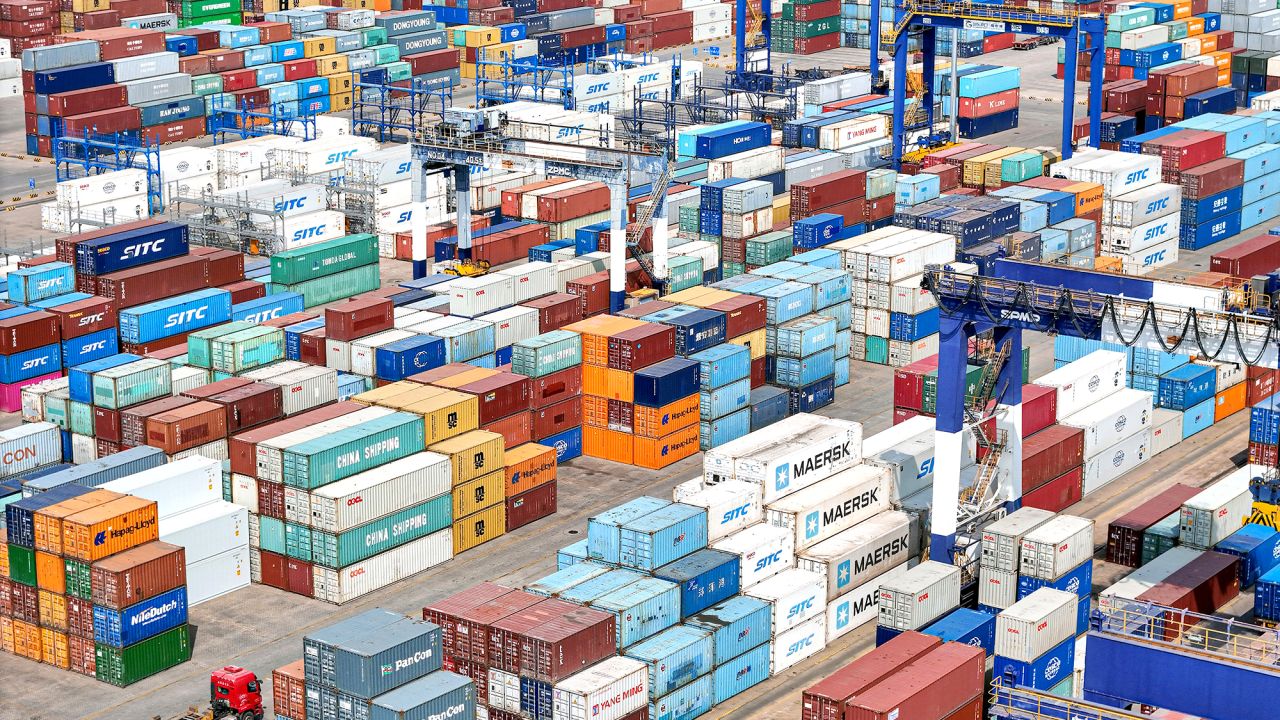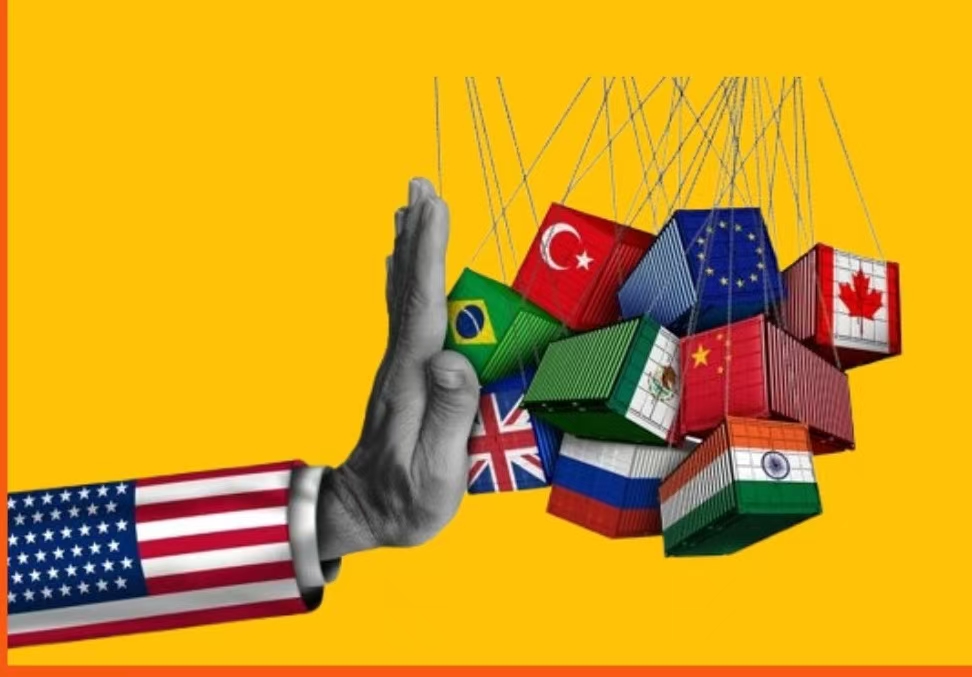当前页面:网站首页 > 新闻资讯
On April 2, 2025 (U.S. time), former President Donald Trump signed an executive order imposing "reciprocal tariffs" on multiple countries worldwide, with the following rates:
And China? 34%—an additional levy on top of existing tariffs, taxes, and other charges.
Earlier this year:
Combined impact: 10% + 10% + 34% = 54%—the total new tariff burden on Chinese imports to the U.S.

Market Turmoil — U.S. Stocks Plunge, Nasdaq Futures Crash, Tech Giants Nosedive
The financial markets erupted in chaos following the announcement of reciprocal tariffs, with U.S. stocks plummeting and Nasdaq futures plunging in a sharp sell-off. Major tech stocks suffered heavy losses:
Global Backlash Erupts
Key economies swiftly retaliated, with Italy, Spain, Ireland, Sweden, Switzerland, Australia, Chile, Mexico, and Canada issuing strong protests.
Overnight Fallout
Trump’s “reciprocal tariffs” ignited a global firestorm, sending financial markets into upheaval—a single policy shift rewriting trade dynamics in just one night.
Here’s an Example:
Imagine two major countries: Country A and Country B.
Country B says:
"We’re the ones losing! It takes us 800 million shirts just to buy one of your airplanes. You work one day; we work a year. That’s unfair!"
Country A fires back:
"No, we’re the ones losing! We buy 100 billion you’re your goods,but you only buy∗∗100billion∗∗of your goods, but you only buy∗∗33 billion of ours. We give 100billion∗∗,get back∗∗100billion∗∗,get back∗∗33 billion—that’s not ‘reciprocal’! So you either buy another $67 billion from us, or we slap on tariffs."
Country B:
"Are you serious? That 100billionwasn’t‘lost’—itbought∗∗100billionwasn’t‘lost’—itbought∗∗100 billion worth of shirts**! That’s a fair exchange. Plus, our shirts are cheaper!"
Country A:
"You fooled our past presidents, but not me. Your cheap shirts aren’t because of ‘comparative advantage’—it’s currency manipulation, trade barriers, VAT taxes, subsidies, and anti-competitive practices. All of this creates a trade deficit—an imbalance. So now, we impose reciprocal tariffs."
Country B:
"How much?"
Country A:
*"You ‘shortchanged’ us by *67billion∗∗on67billion∗∗on100 billion—a 67% ‘loss’. So, a 67% tariff—but we’ll give you a ‘discount’: 34%."
The Consequences
Country B warns:
"Such high tariffs will raise prices for your own consumers! Even your economists warn this will cost American households thousands more per year. Aren’t you afraid of public backlash?"
Country A:
"No. This is the necessary pain on the path to great victory."
Country B:
"But what happens when you leave office? The next president could reverse your policies and go back to the old system."
Country A:
"No, they won’t. I’m not just leaving trade deals—I’m tearing down the whole system. The post-WWII global trade order no longer serves us. I’ll negotiate one-on-one deals with every country. Once these bilateral agreements lock in, the old ‘temple’ of global trade will collapse. There’s no going back."
Country B:
"Other nations will fight back—trade wars, currency wars, legal battles."
Country A:
"Let them. I hereby declare a national emergency with respect to this threat."
Country B:
"You’re insane."
Country A:
"Yes. So don’t test me. Either buy more from us, pay the tariffs, or make your goods in America."

Whether Trump is truly unhinged or merely feigning madness, his move toward "reciprocal tariffs" has thrown the world into chaos. The global trade order established after World War II is being torn apart, multilateral frameworks are crumbling, and in their place emerges a stark contest of brute power. He shows little concern for actually winning a trade war; his objective is far more radical — to dismantle the very temple of postwar global cooperation.
Future Challenges
In the wake of this global tariff wave, countries and regions around the world are reacting in markedly different ways. In Mexico, some are hesitating over whether to expand production. In Kuala Lumpur, there's quiet relief among those who stayed out of manufacturing. In Jakarta, concerns over currency fluctuations are mounting. In Vietnam, some are burying their heads in work—others are looking for a way out.

Royal, a company from China, has also felt the impact of the recent tariffs to some extent. However, rest assured — with 13 years of industry experience, a well-established business line built over more than a decade, and the unique nature of our trade model and market distribution, we are far from being easily shaken. We continue to warmly welcome every visitor, and at Royal, you can always count on receiving the most satisfying product solutions!

瑾岚竭诚欢迎世界各地的朋友合作
共同发展

电话:0571-86982636
传真:0571-86982637

中国浙江省杭州市江干区全福桥路298号,富亿中心A606室